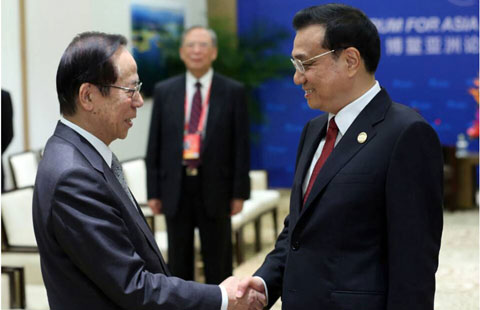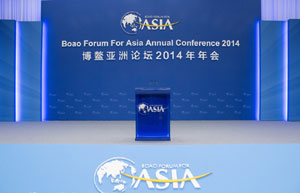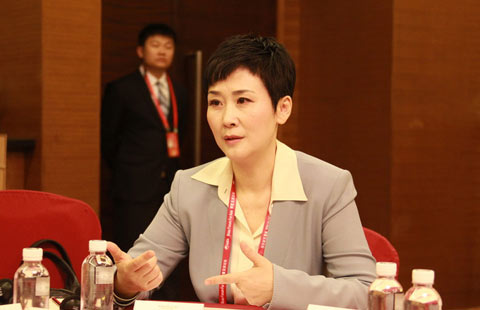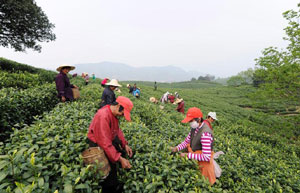From mainland to 'made in Vietnam'
By Emma Dai (China Daily) Updated: 2014-04-10 07:11HK factory owners are debating options of building new bases in Southeast Asia, Emma Dai reports
Finally, Felix Chung Kwok-pan, chairman of Hong Kong Apparel Society and Legislative Council member in the special administrative region, heard some good news. The land he has been negotiating over in Myanmar had eventually been secured after countless visits and calculations. The first batch of Hong Kong garment makers is now moving to the country.
"We will be cutting the ribbon in the middle of next year if everything unfolds smoothly," said Chung. "The infrastructure work for the industrial park is expected to be finished at the end of this year, and we will move in and construct our own factories, which will not take long."
|
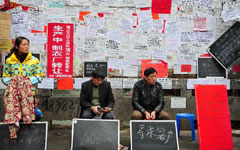 |
 |
"That is not enough," Chung said. "Another piece of land we've secured is in Bago province next to Yangon. It's 121 hectares and will be available next year. Many other apparel makers are thinking about moving there. About 30 Hong Kong garment factories are opening up in Myanmar."
The 50-year-old owns a knitting factory in Dongguan, but now considers the mainland to be off-puttingly pricey.
"The mainland has become too expensive. There are no competitive reasons to be based there," he said.
The main concern is the cost of labor. According to Chung, the monthly salary in Myanmar is $100 a worker, while in Guangdong it has climbed sharply in recent years to as high as $600.
"As indicated by the Third Plenary Session (of the 18th Central Committee of the Communist Party of China) last year, mainland workers should see their incomes doubled by 2020. That's $1,200 six years later - or even more," Chung said.
Furthermore, factory owners face a demographic problem. According to an Invesco report published in April, from 2010 to 2020, the working-age population in popular Southeast Asian countries, including Malaysia, Thailand, the Philippines, Indonesia, Vietnam and Cambodia, will increase by 23.5 million, while China will lose 31.7 million workers.
|
 |
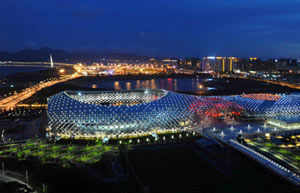 |
| China's top 10 richest cities |
- Guangdong companies still short of laborers
- East China province raises minimum wage by 10%
- Shortage of labor hobbles hiring at Beijing businesses
- Labor shortage looms in eastern China
- China's workforce up by 13m people this year
- Rising labor costs steer manufacturers offshore
- Manufacturing under lingering pressure
- World's fastest production electric car
- Premier Li talks of Asia's economic integration
- Asia should explore establishment of security co-op framework
- Reform a must despite challenge
- Li proposes 'common community for Asia'
- Li attends opening ceremony of Boao Forum
- Li vows to wrap up RCEP talks
- Li stresses flexibility in 'reasonable growth range'

